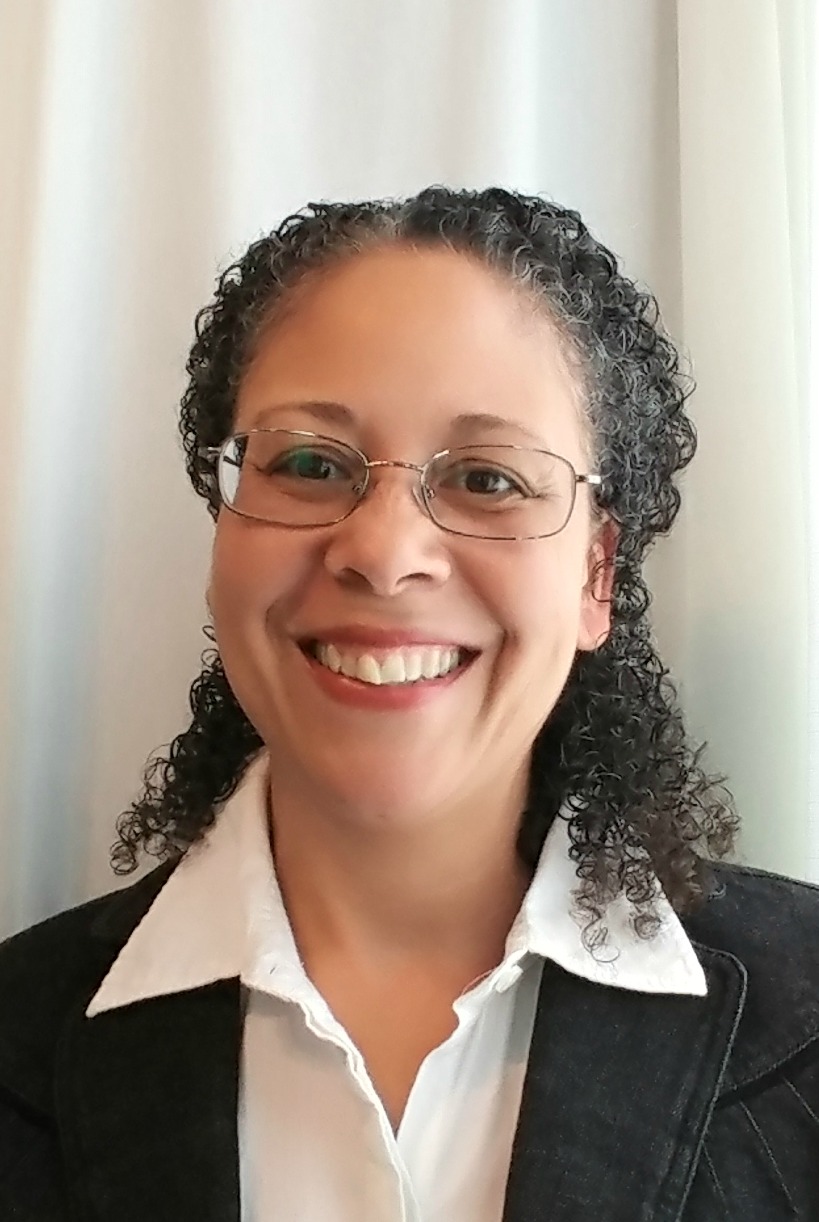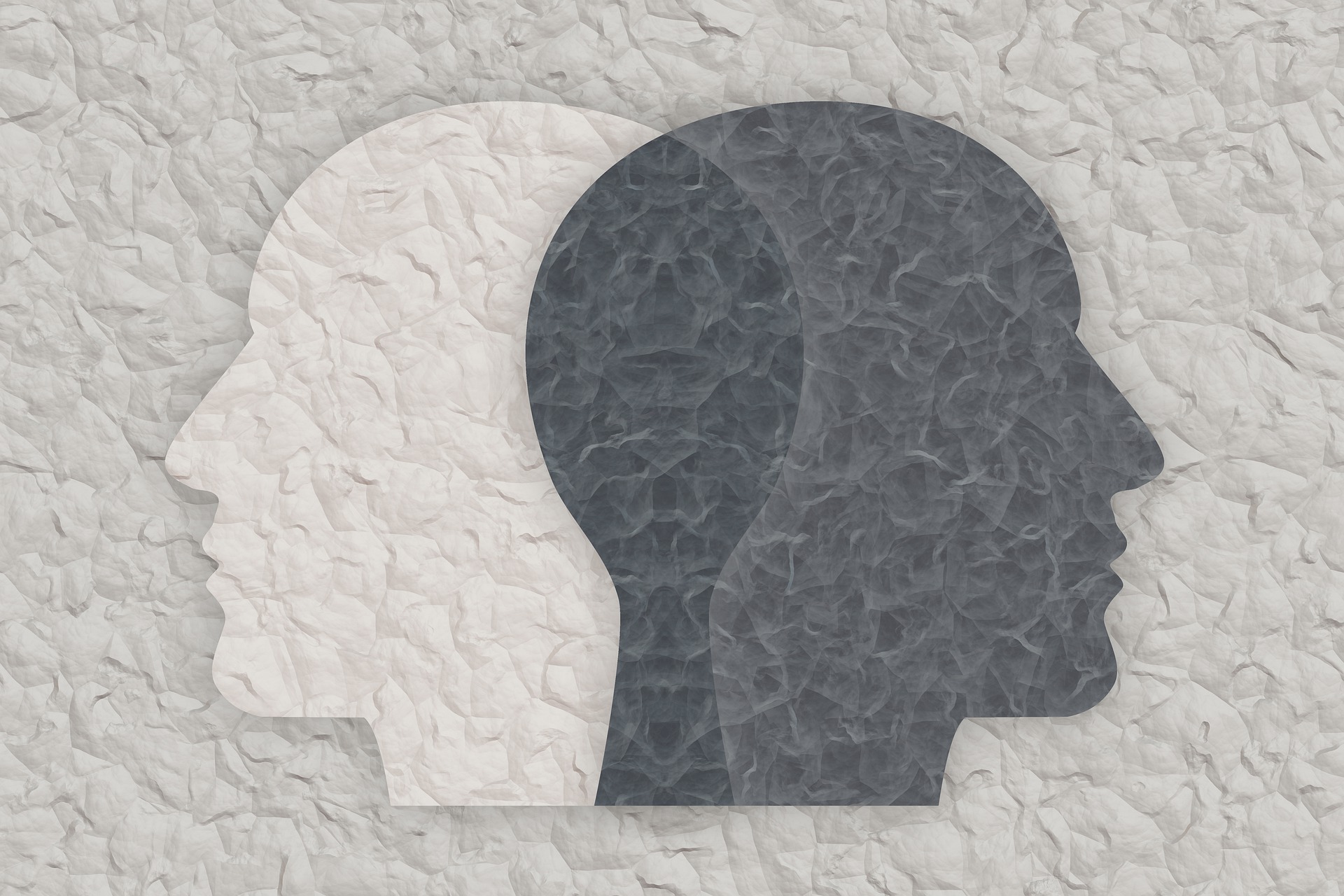I’m angry and let me tell you why.
Every day I get up with the intention of helping others achieve their goals — their dreams. This is what I was born to do and I do it mainly through writing. For now.
But lately, like many others, I’m angry. This anger has come between me and my ability to write for you.
People in the United States are experiencing a level of turmoil that many have never seen or experienced before.
What can I write that’s uplifting? Hopeful? Encouraging?
A Biracial Paradox
Years ago, I wrote that I never knew I wasn’t black until a white person told me. Like many black/white biracial people, I identified with the black members of my family — even though I rarely saw them.
My parents raised my brother and me to be black because, and it’s ironic to write this now, they thought it would keep us safe. We both understood that we also are white, but that didn’t matter because we were never treated like our white friends.
Can you imagine how strange it is to tell someone they’re black when they see their white mother or father every day?
People like things to be simple. You’re either this or that.
Choosing to identify as biracial wasn’t an easy decision or path in the 80s. It didn’t become easier during the 90s, either. By the early 2000s, I didn’t care what other people thought about my choice.
Being biracial allowed me to fully accept my entire family in a way that being black couldn’t.
Navigating Race in a Biracial Family
For the past several weeks, I’ve had many conversations with our pre-teen and teenager about Ahmad Aubrey, George Floyd, Donald Trump, white supremacists, and racism in America.
We’ve talked about how I believe we got where we are. This has been a crucial aspect of my parenting journey. I’m ethnically ambiguous looking. They’re not. Our children look white like their father. This shouldn’t matter, but sadly, it does.
Because they can ‘pass’, their experiences will be (and already are) very different from mine. Their understanding of what it’s like to feel the sting of prejudice and racism is limited. To be honest, I’m thankful for that.
What parent would ever want their child to experience those things?
Passing in America is like a superpower. This was true during slavery, the Jim Crow era, and to a lesser, but still powerful degree, now.
Their appearance would give them an easier path in life. A path many other biracial and black people would not experience.
So, it’s against this backdrop that I’ve impressed upon our children the importance of speaking up.
I’d hoped that they understood. I believed that they did.
Then this morning I learned I might be wrong.
“What will you do if you’re surrounded by friends or classmates and one of them says something you know is wrong?” I asked.
Silence.
“What will you do if they use the N-word or say some other hateful thing?”
Silence.
“I don’t see how it applies to me,” my son answered.
I had to catch my breath. My chest felt heavy, like something pushed down on it threatening to crush me.
“I mean, if I saw that it bothered someone else, I’d say something.”
“You won’t always see that it bothers someone else.”
There was more to this conversation and let me be clear — our son has shown more empathy toward fellow humans than I’ve witnessed from many adults.
But the takeaway is that last statement.
You won’t always see that it bothers someone else.
Racism, sexism, all sorts of -isms exist even if you’re not experiencing them.
Just because you don’t see something doesn’t mean it doesn’t exist. Ask anyone who believes in God.
This is why it’s our responsibility to speak up when we know what we’re seeing and hearing is wrong.
Our light-skinned, biracial kids need to hear this message on repeat like the way they watch YouTube gaming videos. They need to understand that with their lighter tone comes not only unearned privileges in American society, but also responsibilities.
Why don’t we speak up?
I understand why my pre-teen and teen feel uncomfortable speaking up. What’s our excuse? What stops us from doing it?
We all know what it feels like to want to say something that needs to be said, but are afraid to do so.
It’s “cringy” as our daughter would say. Our stomachs twist in knots. We chuckle at the person’s supposed gaffe.
But in our heart we know.
What stops us from taking action?
It’s the same thing that causes those people to take action.
Fear.
What is everyone so afraid of?
We’re being told over and over that there’s not enough.
There’s not enough food, money, space, etc. for all of us. We must fight with each other for limited resources.
Recent examples include the nationwide toilet paper, hand sanitizer, masks, and meat shortages.
Do you really want to know what there’s not enough of?
Compassion.
If every person on this planet approached every other person from a place of compassion, how might things be different?
I’m not saying you can’t strive for greatness (however you define it.) What I’m telling you is that there is enough.
You are enough.
I’m enough.
Everything else is icing.
We have to be willing to be vulnerable and brave. When our children see us do this, it makes it much easier for them to emulate us. But we have to show them every day.
How to ‘Be the Change’
In our obscurity — in all this vastness — there is no hint that help will come from elsewhere to save us from ourselves. It is up to us.
Carl Sagan
My husband and I have taught our children to read situations and take the best course of action. We’ve given them the language to use in those uncomfortable and awkward moments when something needs to be said.
But it’s scary being the voice that you believe no one else wants to hear. Especially if you’re a teenager.
As I write this, even I’m afraid that what I write will anger some of you.
It’s not in my nature to be silent. We’re all born with gifts that we can choose to develop and use in the service of others. This is what writing is for me.
You have a gift that you could use right now to help the people around you who are hurting.
If you’re not white, remember that not all white people are racist bigots bent on our destruction. I know most of you don’t think that.
But in the heat of an exchange I also know that some of us might be inadvertently sending that message. We’re justifiably angry and this can make it more difficult for us to hear the compassion from those attempting to help.
If you’re a white person trying to be an ally — listen to your non-white friends. Really hear what they’re saying to you. Open your heart and mind.
Then, take action.
- Join a protest.
- Vote.
- Help craft legislation that defends and protects ‘we the people.’
- Teach your children that it’s not okay to hate someone because they don’t look like you.
- Show your children what accepting differences looks like.
- Fight for equality in education.
- Fight to ensure that your children have a diverse set of teachers in their schools.
- Show your children what compassion is.
Find the action that best expresses your gift.
Hope on the horizon
One thing that has been markedly different in the recent protests is the diversity. If you’re looking for hope, it’s right there. Those crowds of peaceful protesters represent who our country is now, not who it was in the 60s.
This seemingly small change is more critical than some might understand or appreciate. It’s a signal that many of our white brothers and sisters have heard us. They’re listening and taking action.
The world also is watching, marching, and speaking in support of us. This gives me hope.
Without hope, there can’t be progress.


